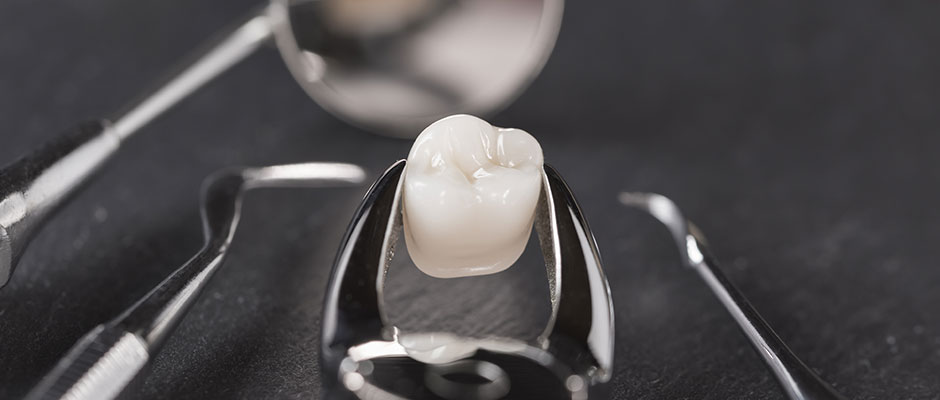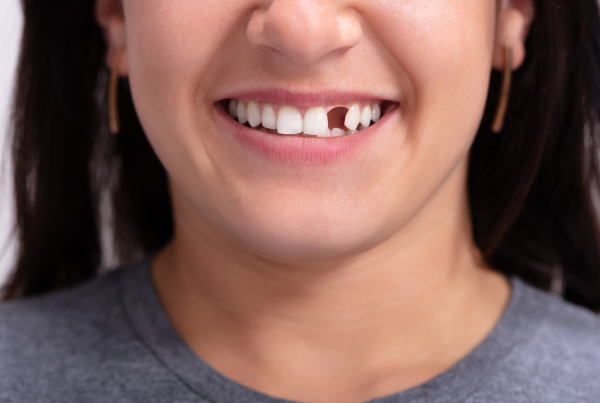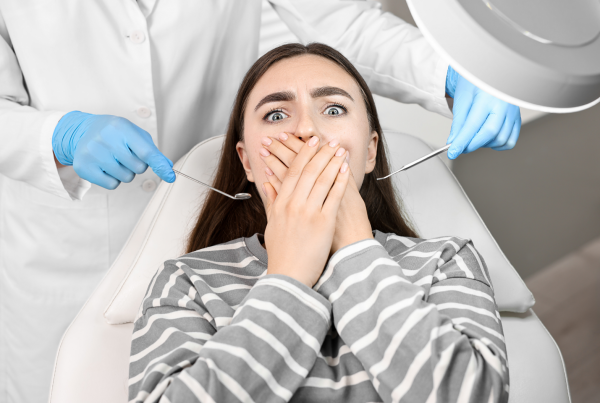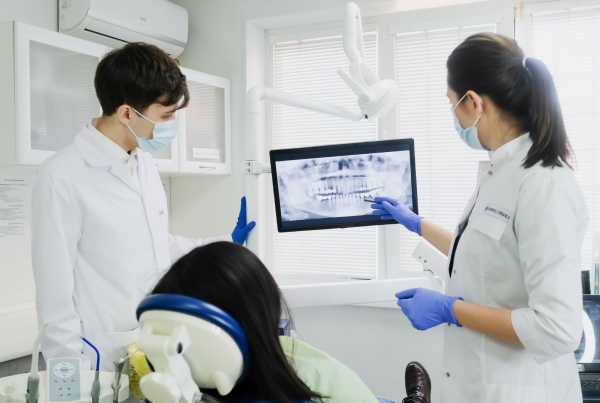Your wisdom teeth are the very last teeth to put in an appearance, usually during the late teens or early twenties. Some people will find these teeth come through without any problems, but for others they will prove to be nothing but a pain. So, why are wisdom teeth so frequently problematic and should they always be extracted?
By the time your wisdom teeth come through, the rest of your teeth (all twenty-eight of them) are already firmly in place. Some people will still have enough room for another four teeth, but often there simply isn’t the space for wisdom teeth to emerge without causing any problems.
Unfortunately, this won’t stop them from trying to erupt and they can try to come up underneath existing teeth, they may be wrongly angled outwards or inwards, or will attempt to come through sideways. This can damage your existing teeth and possibly your nerves and jawbone. When wisdom teeth cause these problems, they are referred to as being impacted.
Sometimes wisdom teeth will manage to partially erupt but will remain partly covered with a flap of gum tissue. This flap of gum can easily trap food and bacteria, increasing the risk of tooth decay and gum disease. Wisdom teeth are already quite difficult to keep clean because of their location.
How Will I Know If My Wisdom Teeth Will Cause Problems?
Dr. Larry Leslie or Dr. Tom Greene will keep a close eye on the development of your wisdom teeth, using low-dose digital x-rays to assess the position and alignment of these teeth. We prefer to adopt a ‘wait and see’ approach rather than to automatically remove wisdom teeth, but if it is obvious yours will cause problems, we will recommend you have them removed. Generally, it is easier to remove wisdom teeth in younger people, before the jawbone becomes firmly fused to the teeth and before the tooth roots have fully finished developing. However, don’t be concerned if you are older as this procedure is perfectly routine. Your wisdom teeth will be taken out in a way that is as comfortable as possible and often badly impacted teeth are removed in several sections. If the removal is quite straightforward, we can carry out this procedure here at Tsawwassen Place Dental, but if your teeth are severely impacted, we may opt to refer you to an oral surgeon who is highly experienced in removing impacted teeth. This will be a specialist we know and trust to look after you.
What to Expect After Wisdom Tooth Removal
It is normal to experience some discomfort for a while afterwards but for most people healing is uneventful. You should find the socket has healed within a couple of weeks. If you smoke, be prepared to quit for a while afterwards and you shouldn’t drink through a straw. This is because the sucking action could dislodge the blood clot that will have formed in the empty tooth socket and which protects the socket and helps it to heal. If the blood clot becomes dislodged it can cause dry socket, where the empty tooth socket becomes infected and painful. This only affects a tiny number of people and is treated by thoroughly cleaning out the empty socket so it can heal properly.





